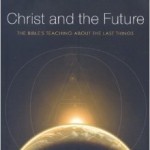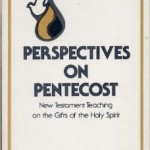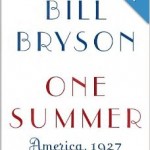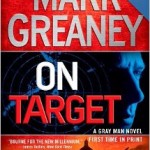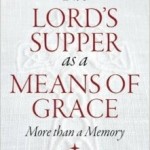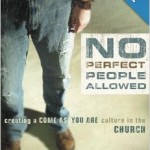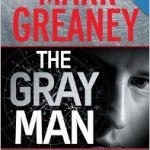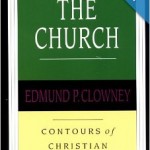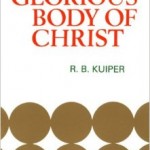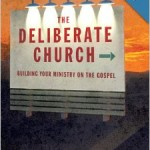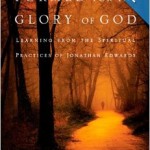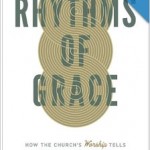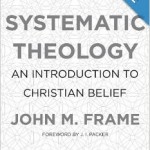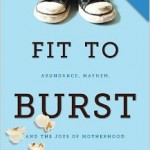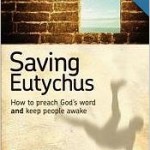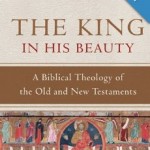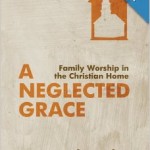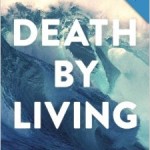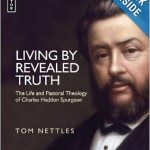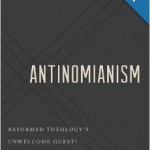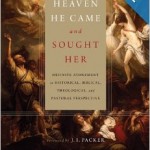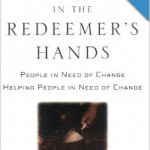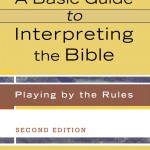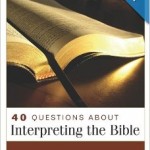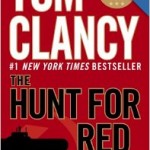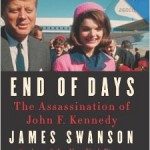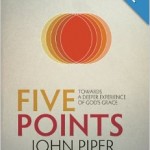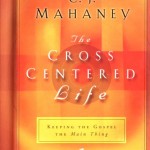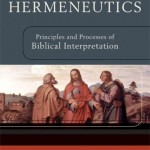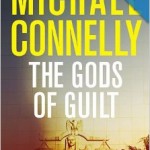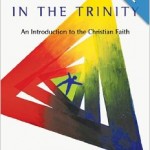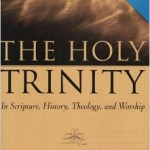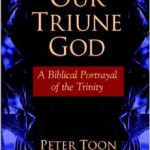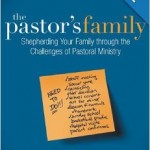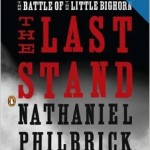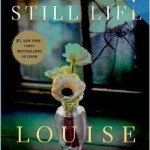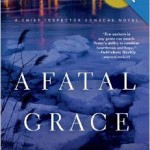I love to read. By God’s grace I am a pretty fast reader; I usually read a couple books each week. I find it helpful to summarize my thoughts on each book and I offer those thoughts in the hope that you will be encouraged to either read or pass over the given title.
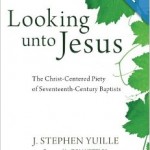 Looking Unto Jesus: The Christ-Centered Piety of Seventeenth-Century Baptists by Stephen Yuille. Yuille is an underrated Puritan scholar from Canada who pastors a church down in Glen Rose, Texas. He has published several different works on the Puritans in the last few years and one recent effort is this slim volume Looking Unto Jesus. The book begins with a marvelous introduction where Yuille gives four reasons for why he keeps coming back to the Puritans: they are God-fearing, heaven-seeking, sin-hating, and Christ-exalting. The rest of the work is occupied with two lesser known Puritans, Thomas Wilcox and Vavasor Powell (“The Whitefield of Wales”). Chapter 1 is a reproduction of Wilcox’s A Guide to Eternal Glory and chapter 2 is Yuille’s commentary on the life and work of Wilcox. The patter repeats itself in chapters 3 and 4 with Powell’s Saving Faith Discovered in Three Heavenly Conferences. I found this approach to be novel and useful. For those familiar with the Puritans you could read the original offerings from Wilcox and Powell, and then scan Yuille’s commentary. But for those who find Puritan works daunting, Yuille’s commentary will be a sure guide through the old works. I’d love to see more Puritan titles reprinted in this format. Wilcox’s work is stimulating and Powell’s Conferences offers discriminatory gospel application at its finest.
Looking Unto Jesus: The Christ-Centered Piety of Seventeenth-Century Baptists by Stephen Yuille. Yuille is an underrated Puritan scholar from Canada who pastors a church down in Glen Rose, Texas. He has published several different works on the Puritans in the last few years and one recent effort is this slim volume Looking Unto Jesus. The book begins with a marvelous introduction where Yuille gives four reasons for why he keeps coming back to the Puritans: they are God-fearing, heaven-seeking, sin-hating, and Christ-exalting. The rest of the work is occupied with two lesser known Puritans, Thomas Wilcox and Vavasor Powell (“The Whitefield of Wales”). Chapter 1 is a reproduction of Wilcox’s A Guide to Eternal Glory and chapter 2 is Yuille’s commentary on the life and work of Wilcox. The patter repeats itself in chapters 3 and 4 with Powell’s Saving Faith Discovered in Three Heavenly Conferences. I found this approach to be novel and useful. For those familiar with the Puritans you could read the original offerings from Wilcox and Powell, and then scan Yuille’s commentary. But for those who find Puritan works daunting, Yuille’s commentary will be a sure guide through the old works. I’d love to see more Puritan titles reprinted in this format. Wilcox’s work is stimulating and Powell’s Conferences offers discriminatory gospel application at its finest.
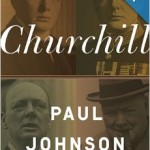 Churchill by Paul Johnson. I read this not long after it came out in 2010 and had been meaning to reread it for some time. Johnson is a great historian and was a young teenager at the end of World War II, thus he is unique suitable to write a brief bio on The Last Lion. Churchill comes in at just over 180 pages, so those looking for in depth analysis of Winston’s life should consult other sources. But I don’t know of a better introduction to that most famous of 20th century leaders. Johnson offers five lessons from Churchill’s life in the epilogue and this section alone is worth the book’s weight in gold. Every leader would do well to consider Johnson’s analysis:
Churchill by Paul Johnson. I read this not long after it came out in 2010 and had been meaning to reread it for some time. Johnson is a great historian and was a young teenager at the end of World War II, thus he is unique suitable to write a brief bio on The Last Lion. Churchill comes in at just over 180 pages, so those looking for in depth analysis of Winston’s life should consult other sources. But I don’t know of a better introduction to that most famous of 20th century leaders. Johnson offers five lessons from Churchill’s life in the epilogue and this section alone is worth the book’s weight in gold. Every leader would do well to consider Johnson’s analysis:
- “The first lesson is: always aim high. As a child Churchill received no positive encouragement from his father and little from his mother. He was aware of his failure at school. But he still aimed high.”
- “Lesson number two is: there is no substitute for hard work…Mistakes he constantly made, but there was never anything shoddy or idle about his work.”
- “Third, and in its way most important, Churchill never allowed mistakes, disaster–personal or national–accidents, illnesses, unpopularity, and criticism to get him down.”
- “Fourth, Churchill wasted an extraordinarily small amount of his time and emotional energy on the meannesses of life: recrimination, shifting the blame onto others, malice, revenge seeking, dirty tricks, spreading rumors, harboring grudges, waging vendettas…There is nothing more draining and exhausting than hatred. And malice is bad for the judgment.”
- “Finally, the absence of hatred left plenty of room for joy in Churchill’s life…He liked to share his joy, and give joy. It must never forgotten that Churchill was happy with people.”
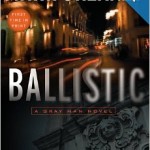 Ballistic by Mark Greaney. The entire world is after Court Gentry, the popular protagonist in Greaney’s Gray Man series, yet the man is impossible to catch. I wondered after reading book two if Greaney hadn’t set “up a trajectory that tempts believability.” Ballistic, book three in the series, proved my fear worthwhile as it repeatedly tries to convince the reader that with Gentry, everything impossible is oh so possible. The action packed book moves is a rapid page turner, but Greaney needs something more than shoot ’em up, bang ’em up virtuosity to make the series compelling. I’ll move on to book four in the hope that Greaney himself can channel the Gray Man and do something unbelievable: offer up more than a one-dimensional thrill ride.
Ballistic by Mark Greaney. The entire world is after Court Gentry, the popular protagonist in Greaney’s Gray Man series, yet the man is impossible to catch. I wondered after reading book two if Greaney hadn’t set “up a trajectory that tempts believability.” Ballistic, book three in the series, proved my fear worthwhile as it repeatedly tries to convince the reader that with Gentry, everything impossible is oh so possible. The action packed book moves is a rapid page turner, but Greaney needs something more than shoot ’em up, bang ’em up virtuosity to make the series compelling. I’ll move on to book four in the hope that Greaney himself can channel the Gray Man and do something unbelievable: offer up more than a one-dimensional thrill ride.

